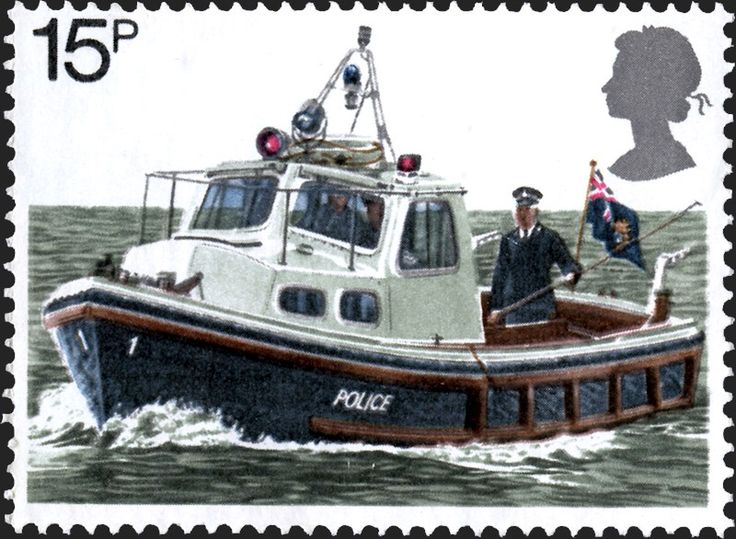Researchers have found 29 different pesticides in a single river in Devon. Tests on four rivers in the county revealed 34 pesticides in total, as well as nine antimicrobials and veterinary drugs. Scientists said they were surprised and concerned by the results, and warned there would be harmful effects for plants and wildlife. The tests were carried out using a high-quality new technique created by scientists in Greenpeace Research Laboratories at the University of Exeter.
"We were surprised by both the number and concentrations of pesticides we found," said lead researcher Jorge Casado. "Our study demonstrates an environmental problem not just in Devon but in any region affected by commercial agriculture."
The water samples were taken in rural areas from the rivers Culm, Exe, Otter and Tale. The highest single concentration was of a pesticide called MCPA, recorded at more than 130 nanograms per litre of water. The pesticides included eight that are not approved by the EU – although the researchers say these could have come from residues from historic uses, and some could have been by-products of other pesticides.
Five of the pesticides found – atrazine, carbendazim, diuron, griseofulvin and imidacloprid – were present in all the samples taken from the rivers. The new testing method developed by the research team is the most accurate ever created. It can detect chemicals even at very low concentrations and can also identify substances researchers may not be looking for. In this case the scientists were screening for more than 250 pesticides, but the testing would also have revealed substances such as plastic additives and vitamins.
The paper, published in the journal Analytica Chimica Acta, is titled "Multi-residue analysis of pesticides in surface water by liquid chromatography quadrupole-Orbitrap high resolution tandem mass spectrometry."
Read more at: https://phys.org/news/2018-07-pesticides-devon-river.html#jCp

- Login om te reageren
